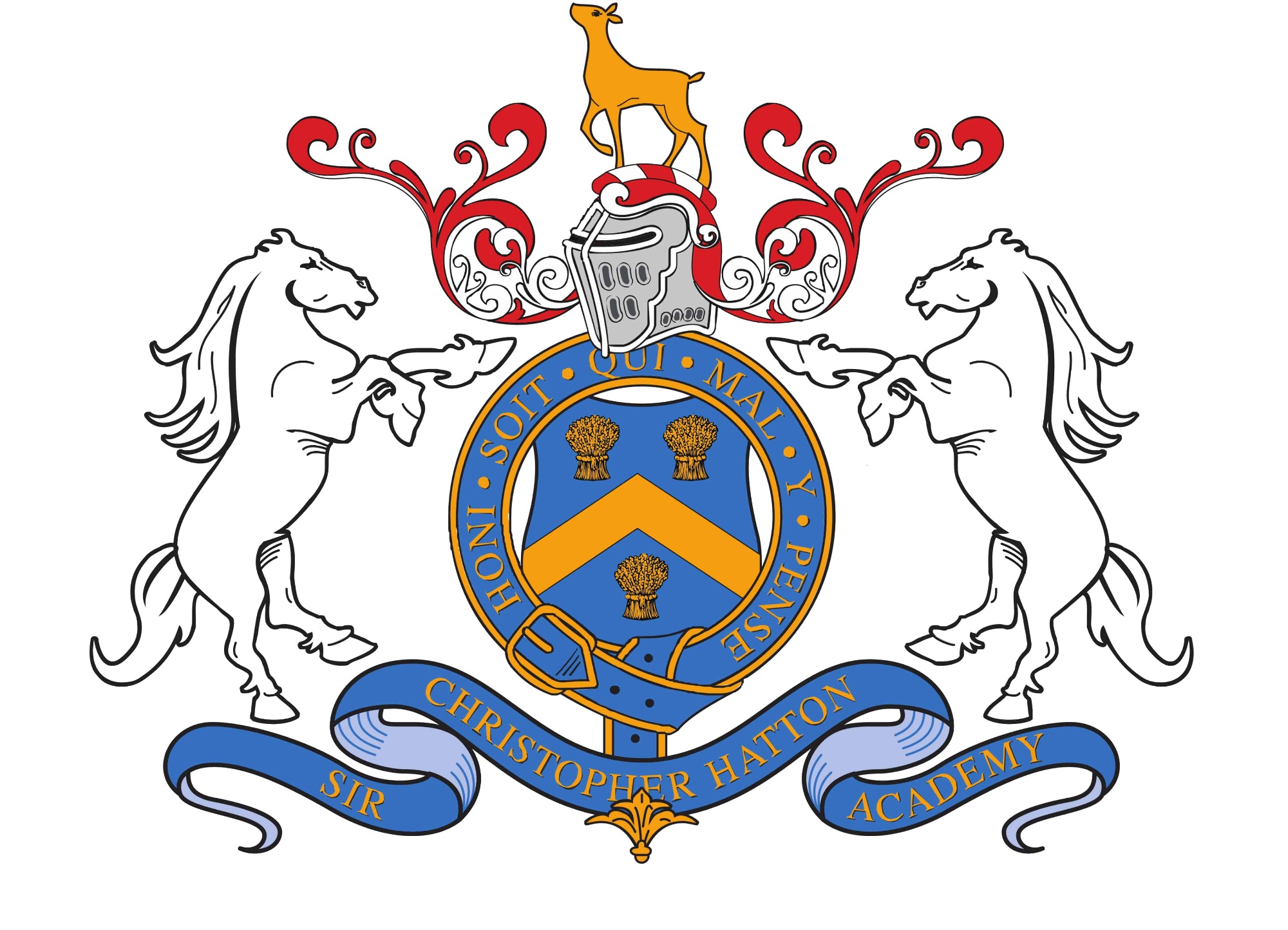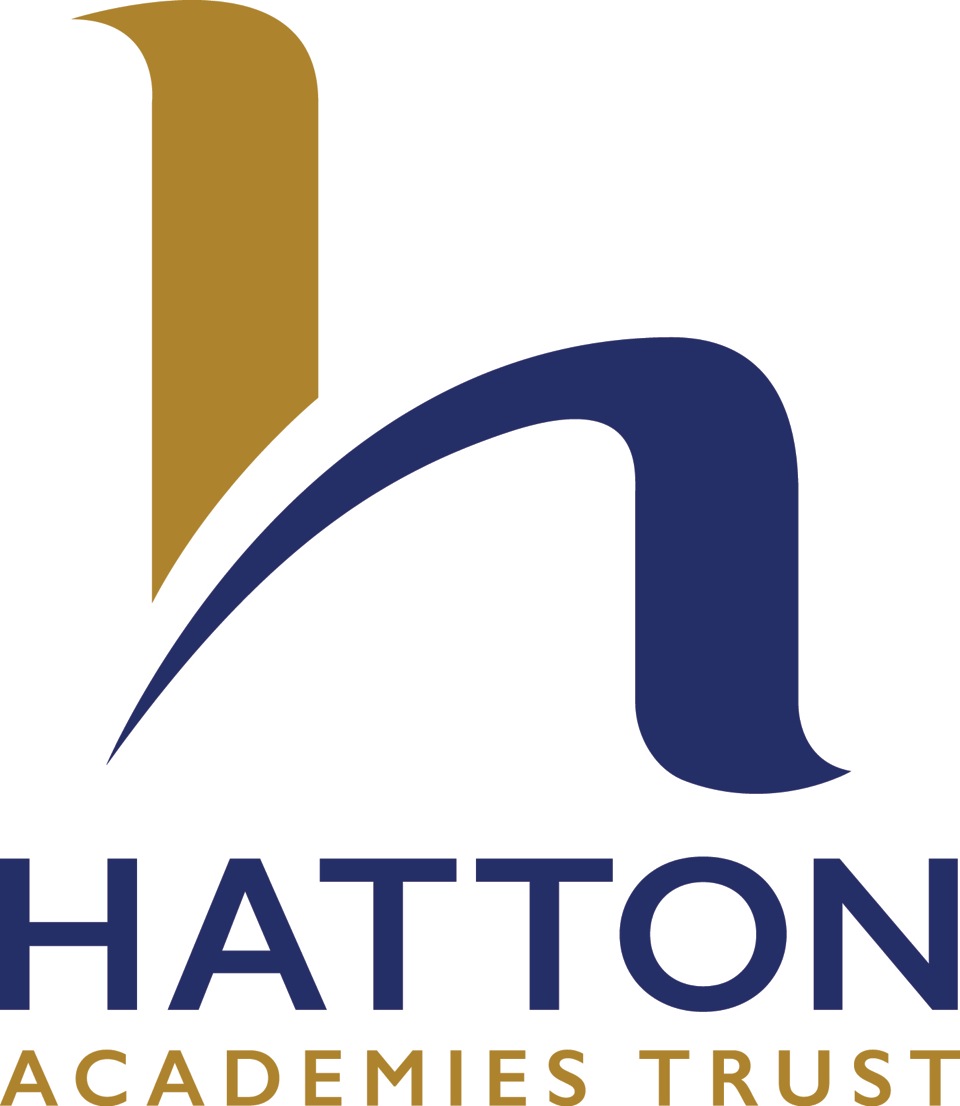Safeguarding
 WHAT TO DO IF YOU HAVE A SAFEGUARDING CONCERN
WHAT TO DO IF YOU HAVE A SAFEGUARDING CONCERN
WITHIN SCHOOL HOURS
Contact Luke Shackleton our Designated Safeguarding Lead
Email: safeguarding@hattonacademy.org.uk
Tel: 01933 226077
OUT OF SCHOOL HOURS
Contact the Multi-Agency Safeguarding Hub (MASH) Team
Dial 101 or 0300 126 7000 (Option 1, Option 1) to be put through to the Northants Children’s Trust and ask for the MASH team.
Alternatively contact the Out of Hours Duty Team on: 01604 626938.
THE DESIGNATED LEAD PERSONNEL
Designated Senior Person (DSP)
Mr Luke Shackleton
Vice Principal
Tel: 01933 231224
Email: Shackletonl@hattonacademy.org.uk

Designated Teacher for Looked After Children
Ms Yemi Sabi
Lead Practitioner
Email: sabio@hattonacademy.org.uk
The following personnel can be contacted via our main reception on 01933 226077 or email: safeguarding@hattonacademy.org.uk
ADDITIONAL TRAINED DSP

Mrs T Pereira
Deputy DSL
Email: pereirat@hattonacademy.org.uk

Ms I Andrews
Wellbeing & Welfare Officer
Email: andrewsi@hattonacademy.org.uk
Mrs T Ali
Family Support Officer
Email: alit1@hattonacademy.org.uk
CHILD PROTECTION DIRECTOR
Please contact our Safeguarding Director Kay Aitken, via Debbie Felce, Assistant to the Trust Executive Team:
Email: felced@hattonacademiestrust.org.uk
Telephone: 01933 221428
SAFEGUARDING HUB
Click here to access the Hatton Academies Trust Safeguarding Hub for further information
Click here to access the Hatton Academies Trust Safeguarding Hub Key Documents
RELATED DOCUMENTS
- HAT Child Protection Policy & Procedures
- Keeping Children Safe In Education
- HAT Children Missing in Education
- HAT Staff Code of Conduct
- HAT Code of Ethical Practice
- Guidance for Safer Working Practice
- Hatton Academies Trust DSP Job Description
- Behaviour For Life Policy
To access the Keeping Children Safe In Education September 2024 in multiple languages please click here
Additional Safeguarding Documentation and Guidance
KEY CATEGORIES OF ABUSE
Neglect
Neglect is the ongoing failure to meet a child's basic needs and the most common form of child abuse. A child might be left hungry or dirty, or without proper clothing, shelter, supervision or health care. This can put children and young people in danger. And it can also have long term effects on their physical and mental wellbeing.
Click here to find out more
Physical
Physical abuse is when someone hurts or harms a child or young person on purpose. It includes:
- hitting with hands or objects
- slapping and punching
- kicking
- shaking
- throwing
- poisoning
- burning and scalding
- biting and scratching
- breaking bones
- drowning.
It's important to remember that physical abuse is any way of intentionally causing physical harm to a child or young person. It also includes making up the symptoms of an illness or causing a child to become unwell.
Click here to find out more
Emotional
Emotional abuse is any type of abuse that involves the continual emotional mistreatment of a child. It's sometimes called psychological abuse. Emotional abuse can involve deliberately trying to scare, humiliate, isolate or ignore a child.
Emotional abuse is often a part of other kinds of abuse, which means it can be difficult to spot the signs or tell the difference, though it can also happen on its own.
Click here to find out more
Sexual
When a child or young person is sexually abused, they're forced or tricked into sexual activities. They might not understand that what's happening is abuse or that it's wrong. And they might be afraid to tell someone. Sexual abuse can happen anywhere – and it can happen in person or online.
It's never a child's fault they were sexually abused – it's important to make sure children know this.
Click here to find out more
Bullying & Cyberbullying
Bullying is behaviour that hurts someone else. It includes name calling, hitting, pushing, spreading rumours, threatening or undermining someone.
It can happen anywhere – at school, at home or online. It's usually repeated over a long period of time and can hurt a child both physically and emotionally.
Cyberbullying is bullying that takes place online. Unlike bullying offline, online bullying can follow the child wherever they go, via social networks, gaming and mobile phone.
Click here to find out more
Child Sexual Exploitation
Child sexual exploitation (CSE) is a type of sexual abuse. When a child or young person is exploited they're given things, like gifts, drugs, money, status and affection, in exchange for performing sexual activities. Children and young people are often tricked into believing they're in a loving and consensual relationship. This is called grooming. They may trust their abuser and not understand that they're being abused.
Children and young people can be trafficked into or within the UK to be sexually exploited. They're moved around the country and abused by being forced to take part in sexual activities, often with more than one person. Young people in gangs can also be sexually exploited.
Sometimes abusers use violence and intimidation to frighten or force a child or young person, making them feel as if they've no choice. They may lend them large sums of money they know can't be repaid or use financial abuse to control them.
Anybody can be a perpetrator of CSE, no matter their age, gender or race. The relationship could be framed as friendship, someone to look up to or romantic. Children and young people who are exploited may also be used to 'find' or coerce others to join groups.
Click here to find out more
Child Trafficking
Trafficking is where children and young people tricked, forced or persuaded to leave their homes and are moved or transported and then exploited, forced to work or sold. Children are trafficked for:
- sexual exploitation
- benefit fraud
- forced marriage
- domestic slavery like cleaning, cooking and childcare
- forced labour in factories or agriculture
- committing crimes, like begging, theft, working on cannabis farms or moving drugs.
Trafficked children experience many types of abuse and neglect. Traffickers use physical, sexual and emotional abuse as a form of control. Children and young people are also likely to be physically and emotionally neglected and may be sexually exploited.
Click here to find out more
Criminal Exploitation & Gangs
Criminal exploitation is child abuse where children and young people are manipulated and coerced into committing crimes.
The word ‘gang’ means different things in different contexts, the government in their paper ‘Safeguarding children and young people who may be affected by gang activity’ distinguishes between peer groups, street gangs and organised criminal gangs.
- Peer group
A relatively small and transient social grouping which may or may not describe themselves as a gang depending on the context. - Street gang
“Groups of young people who see themselves (and are seen by others) as a discernible group for whom crime and violence is integral to the group's identity.” - Organised criminal gangs
“A group of individuals for whom involvement in crime is for personal gain (financial or otherwise). For most crime is their 'occupation.”
It's not illegal for a young person to be in a gang – there are different types of ‘gang’ and not every ‘gang’ is criminal or dangerous. However, gang membership can be linked to illegal activity, particularly organised criminal gangs involved in trafficking, drug dealing and violent crime.
Click here to find out more
Domestic Abuse
Domestic abuse is any type of controlling, bullying, threatening or violent behaviour between people in a relationship. It can seriously harm children and young people and witnessing domestic abuse is child abuse. It's important to remember domestic abuse:
- can happen inside and outside the home
- can happen over the phone, on the internet and on social networking sites
- can happen in any relationship and can continue even after the relationship has ended
- both men and women can be abused or abusers
Click here to find out more
Female Genital Mutilation
FGM is when a female's genitals are deliberately altered or removed for non-medical reasons. It's also known as 'female circumcision' or 'cutting', but has many other names.
FGM is a form of child abuse. It's dangerous and a criminal offence in the UK. We know:
- there are no medical reasons to carry out FGM
- it's often performed by someone with no medical training, using instruments such as knives, scalpels, scissors, glass or razor blades
- children are rarely given anaesthetic or antiseptic treatment and are often forcibly restrained
- it's used to control female sexuality and can cause long-lasting damage to physical and emotional health.
FGM can happen at different times in a girl or woman's life, including:
- when a baby is new-born
- during childhood or as a teenager
- just before marriage
- during pregnancy.
Click here to find out more
Grooming
Grooming is when someone builds a relationship, trust and emotional connection with a child or young person so they can manipulate, exploit and abuse them.
Children and young people who are groomed can be sexually abused, exploited or trafficked.
Anybody can be a groomer, no matter their age, gender or race. Grooming can take place over a short or long period of time – from weeks to years. Groomers may also build a relationship with the young person's family or friends to make them seem trustworthy or authoritative.
Click here to find out more
Non-recent Abuse
Non-recent child abuse, sometimes called historical abuse, is when an adult was abused as a child or young person under the age of 18. Sometimes adults who were abused in childhood blame themselves or are made to feel it’s their fault. But this is never the case: there's no excuse for abuse.
You might have known you were abused for a very long or only recently learnt or understood what happened to you. Whether the abuse happened once or hundreds of times, a year or 70 years ago, whatever the circumstances, there's support to help you. It's never too late.
Click here to find out more
Online Abuse
Online abuse is any type of abuse that happens on the internet. It can happen across any device that's connected to the web, like computers, tablets and mobile phones. And it can happen anywhere online, including:
- social media
- text messages and messaging apps
- emails
- online chats
- online gaming
- live-streaming sites.
Children can be at risk of online abuse from people they know or from strangers. It might be part of other abuse which is taking place offline, like bullying or grooming. Or the abuse might only happen online.
Click here to find out more
Who can offer additional support?
The NSPCC 24 Hour Child Protection Helpline, is a useful helpline, dial: 0808 800 5000
OPERATION ENCOMPASS
At Sir Christopher Hatton Academy we are working in partnership with Northamptonshire County Council and Northamptonshire Police to identify and provide appropriate support to pupils who have experienced domestic abuse in their household; nationally this scheme is called Operation Encompass.
In order to achieve this, Northamptonshire County Council will share police information with the Designated Safeguarding Lead(s) of all domestic incidents where one of our pupils has been affected. On receipt of any information, the Designated Safeguarding Lead will decide on the appropriate support the child requires, this could be silent or overt.
All information sharing and resulting actions will be undertaken in accordance with the ‘NSCP Protocol for Domestic Abuse – Notifications to Schools’. We will record this information and store this information in accordance with the recordkeeping procedures outlined in this policy.
Please find below a letter which has been sent to all parents/carers.


